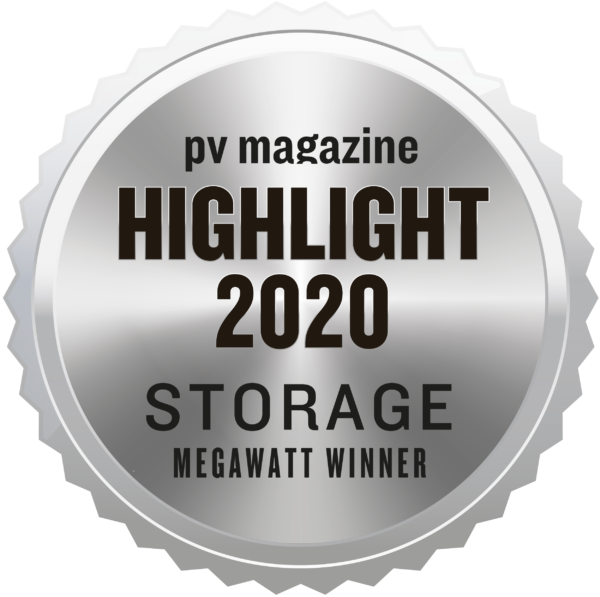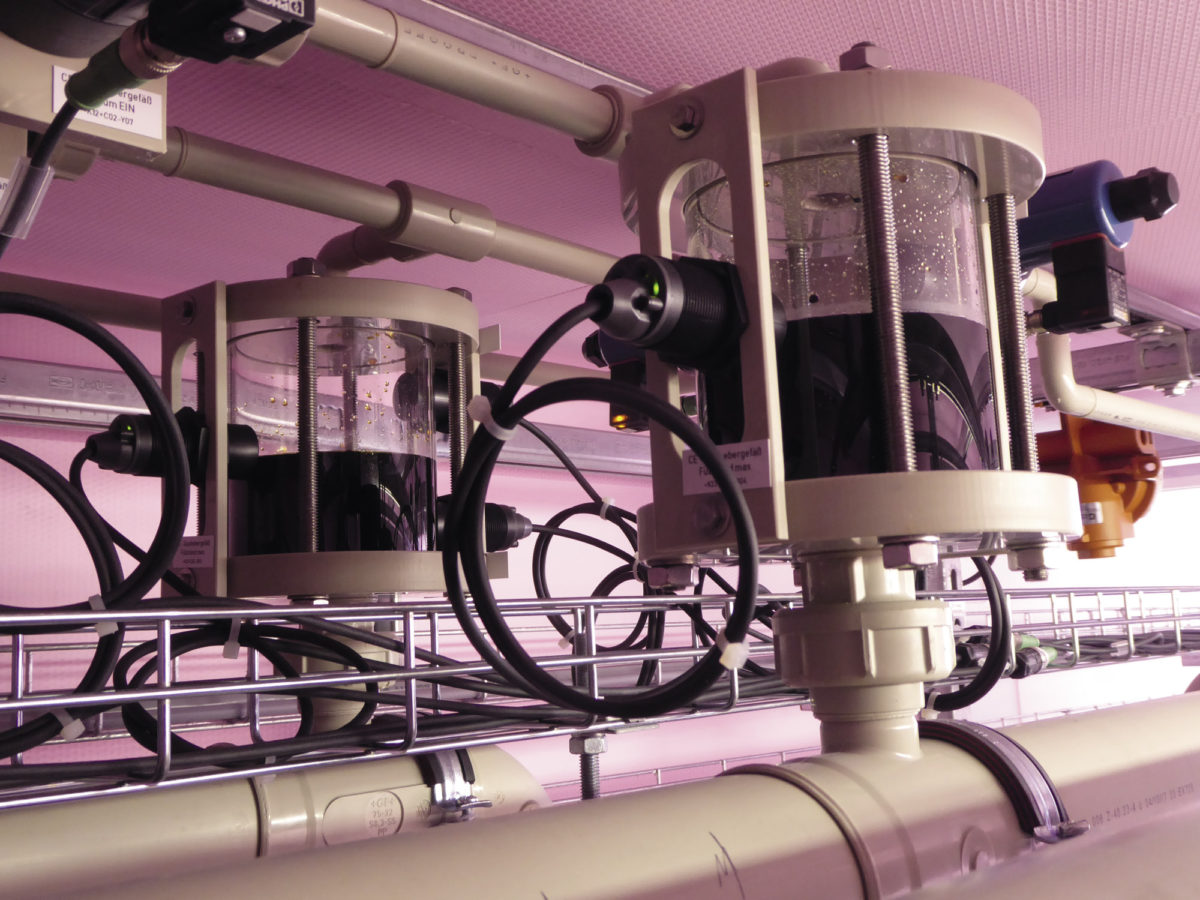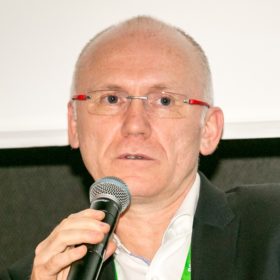Built in partnership with Messe Düsseldorf and Energy Storage Europe, pv magazine’s annual Energy Storage Highlights 2020 special edition is hot off the press. Celebrate this year’s top five awardees at our Insight panel session with discussion among our Gigawatt winners and panel of expert jurors.
Introducing Megawatt Winner…
JenaBatteries
Metal-free for greater price stability and independence
Redox flow batteries are a well-known alternative to their lithium-ion counterparts. Currently, most of the ones that are being built contain vanadium. JenaBatteries is replacing the metal to achieve greater price stability and independence.
In this year’s energy storage highlights, there were surprisingly few submissions for redox-flow batteries, which become more competitive with lithium-ion batteries at longer storage durations. In the 2018 pv magazine energy storage special edition, consulting company Apricum demonstrated the best way to calculate the threshold of the corresponding “storage hour cutoff.” For solar power generated during the day and consumed at night, redox flow batteries are a viable alternative.
Most of today’s redox flow systems use vanadium-based electrolytes. Yet experts are constantly discussing the availability of the element, and whether the price will increase as more redox flow batteries are installed.
pv magazine Storage Highlights Ceremony
Now as a Webinar!
You are invited to join us online for the pv magazine Storage Highlights Ceremony on March 11, 10am – 11:30am (CET)!
The Energy Storage Europe Düsseldorf has been postponed indefinitely due to Coronavirus. Consequently, we will not be able to host our Insight event live onsite. However, in the age of digitalization we will host the Storage Highlights Ceremony as a webinar.
The five Gigawatt Winners will pitch their winning applications to the expert jury panel with a subsequent discussion by the independent leading analysts.
Popular content
This question of uncertainty is shared by Olaf Conrad, the managing director of JenaBatteries, and this is why he is working on alternatives. For the company’s submission in its work on “a metal-free redox flow battery,” it achieved a spot in the Highlights among the Megawatt winners. JenaBatteries uses electrolytes containing ammonia, acetone, and pyridine, which are all currently produced from abundant petrochemicals.
The company sees the profitability threshold for its technology occurring at electrolyte production volumes of 1,000 metric tons or more per year, which would correspond to approximately 100 MWh of additional storage capacity per year. The producer expects to reach this volume in 2024, bringing the cost of the battery to less than EUR 500 per kWh, at a C-rate of 0.25. A capacity of 400 kWh would then translate into 100 kW of charging and discharging capacity.

A typical question surrounding battery technologies is the fundamental issue of durability. “We do not yet have exact data on service life,” says Conrad, but published research suggests that the electrolyte lasts 10,000 cycles. The company’s own studies indicate that 80% of capacity would still be available after the targeted service life of 20 years and 10,000 cycles. In principle, the electrolyte could also be recycled, but Conrad expects that in 10 years’ time, the production costs of the electrolyte would be so low that this would not be worthwhile.
The company has just announced the completion of its first fully installed system in the field. With an output of 30 kW at a capacity of 100 kWh, it is part of the EU Horizon2020 EnergyKeeper project. The first published findings related to the new system are expected to be released in the course of this year.
Aside from JenaBatteries, other companies are also working on redox flow batteries, developing metal-free alternatives to vanadium electrolytes. Olaf Conrad sees his company at an advantage over its competitors – particularly in regards to stability, and in terms of the capital required to rapidly expand production volume. However, the vanadium price development is not so clear cut. In 2018, it went up, but the peak in price was only for a relatively short duration. The industry will also be keeping a close eye on metal-containing electrolytes that use widely available metals, such as iron in place of vanadium, that are produced on a large scale.
Jurors
This content is protected by copyright and may not be reused. If you want to cooperate with us and would like to reuse some of our content, please contact: editors@pv-magazine.com.








This has to be a joke or a typo or something else. But 500eur / kWh ….like come on. In what world is that competitive. Herr Fuchs sie sollten es besser wissen.
Herr Fuhs 🙂
Hi Dan, thanks for your comment. I think this is exactly the discussion that we must have, and I was also surprised when I saw this number.
But: We published an assessment on the lithium ion/ redox flow comparison in our energy storage special edition 2018. There 412 Dollar/kWh (with assumption for the of shares of kwh and kwp related costs) were almost competitive with lithium ion for c rates below 0,25 (then). But with the future cost development it looks very difficult, I agree. (see https://16iwyl195vvfgoqu3136p2ly-wpengine.netdna-ssl.com/wp-content/uploads/2018/02/ES_01_2018.pdf, page 23
One other point – I’m not sure whether also AC power electronics is included in the numbers of Jena Baterries – we have to ask this. This would add as advantage in the JenaBatteries argumentation.
Maybe it is wrong to emphasize the competivity argument, as the technology migth have advantages when considering sustainability. What would this be worth?